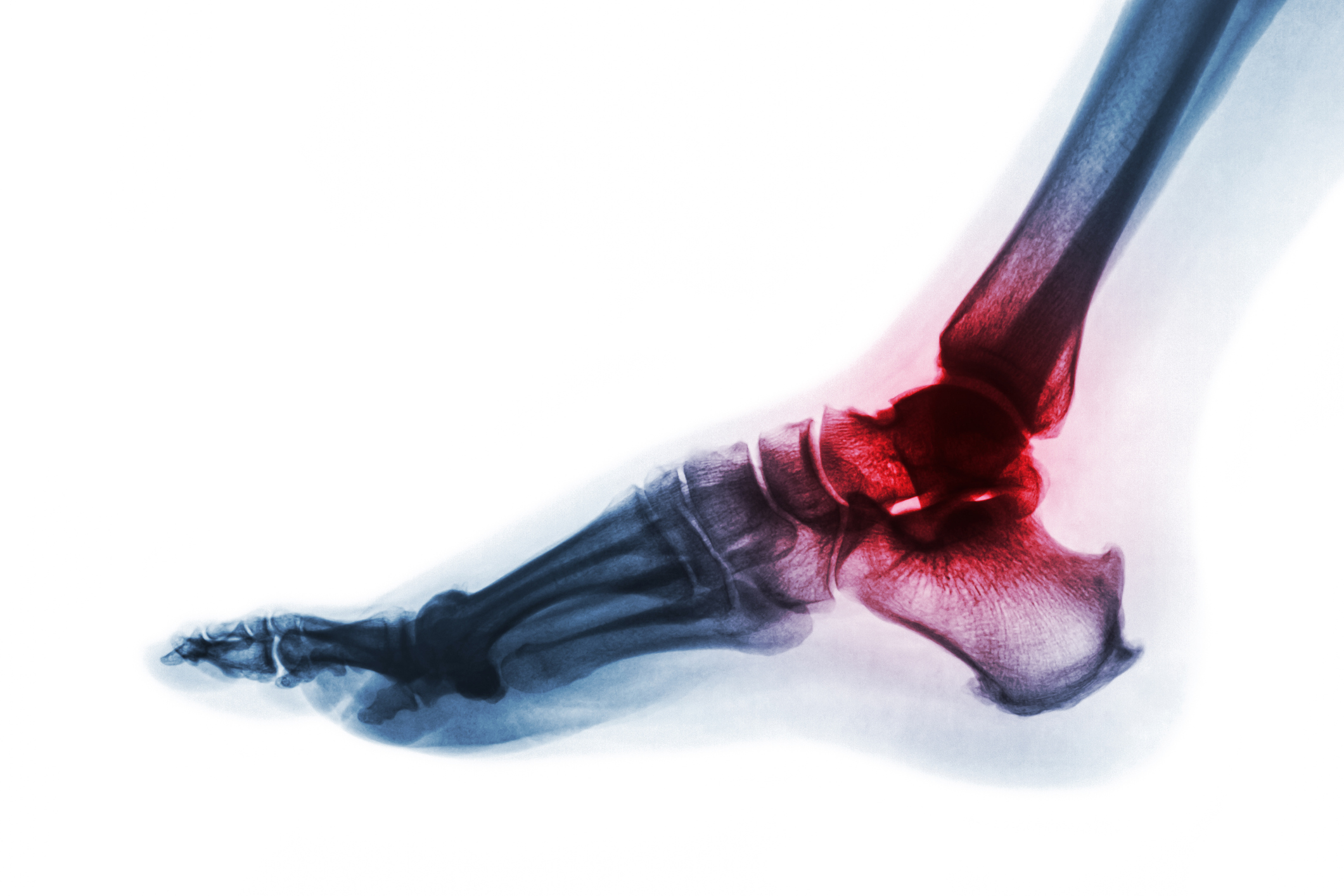
Arthritis is a condition characterized by inflammation and stiffness in the joints, and its treatment aims to relieve pain, reduce inflammation, and improve joint function. The specific treatment options for arthritis can vary depending on the type and severity of the condition. Here are some common approaches:
- Medications: Nonsteroidal anti-inflammatory drugs (NSAIDs) are often prescribed to reduce pain and inflammation associated with arthritis. Examples include ibuprofen, naproxen, and aspirin. In some cases, stronger medications like corticosteroids or disease-modifying antirheumatic drugs (DMARDs) may be necessary.
- Physical therapy: A physical therapist can help design an exercise program to improve joint flexibility, strengthen muscles, and reduce pain. They may also recommend techniques such as hot and cold therapy, splints, or assistive devices to support joint function.
- Lifestyle modifications: Making certain lifestyle changes can help manage arthritis symptoms. This may include maintaining a healthy weight to reduce stress on joints, engaging in low-impact exercises like swimming or cycling, using joint protection techniques during activities, and incorporating relaxation techniques to manage pain.
- Assistive devices: The use of assistive devices like braces, canes, or shoe inserts can help reduce joint strain and improve mobility.
- Surgery: In severe cases where conservative treatments are ineffective, surgery may be considered. Joint replacement surgery, such as hip or knee replacement, is a common option for advanced arthritis. Other surgical procedures aim to repair damaged joints or remove inflamed tissue.
- Complementary therapies: Some individuals find relief through complementary or alternative therapies such as acupuncture, massage, herbal supplements, or dietary changes. It’s important to consult with a healthcare professional before trying these approaches.
The treatment plan for arthritis is often tailored to the individual’s specific needs, and a rheumatologist or primary care physician can provide guidance and recommendations based on the type and severity of the arthritis. Regular follow-up appointments are typically necessary to monitor progress and make adjustments to the treatment plan as needed.
See More on Video

The Arthritis Strategy A plan for healing arthritis in 21 days has been provided by Shelly Manning in this eBook to help people suffering from this problem.This eBook published by Blue Heron publication includes various life-changing exercises and recipes to help people to recover from their problem of arthritis completely.